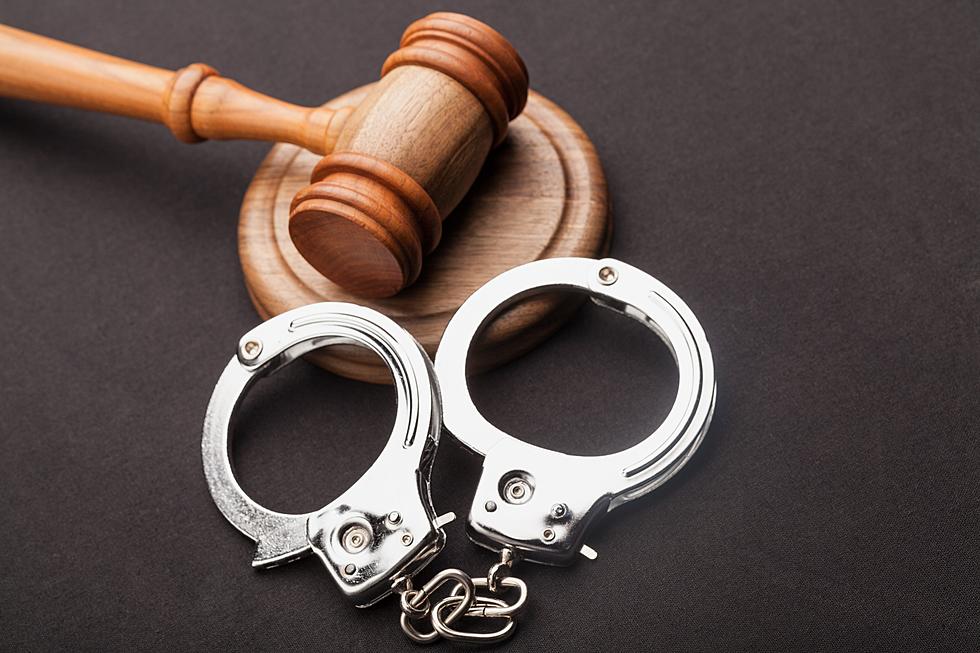
Moorestown, NJ man gets 65 months behind bars in $1.5M scheme
CAMDEN — A sentence of more than five years in federal prison was handed down Wednesday to a man who previously admitted he bilked investors out of $1.5 million.
Brett Cooper, 44, of Moorestown, had pleaded guilty to one count of money laundering, after the U.S. Attorney's Office in Camden alleged that he and two other people set up several fraudulent "shell companies," with names like Peninsula Water Development and Dream Holding.
The co-conspirators then told prospective investors they could triple their investments in 60 to 90 days, according to authorities.

But Cooper admitted he never invested any of the money gained, rather transferring it to personal accounts to pay for living expenses and other expenditures, or sending funds to the others involved in the scheme, as detailed in documents filed in court.
The case against Cooper has been unfolding for several years, as he was already found liable by the Securities and Exchange Commission for damages in the amount of $2 million in a 2015 civil case.
A total of eight victims were determined to have lost money due to the scheme.
Cooper will be subject to three years' supervised release and a fine of $25,000.
His lawyer said despite the guilty plea, Cooper plans to appeal his sentence.
The Associated Press contributed to this report.
Patrick Lavery is New Jersey 101.5's afternoon news anchor. Follow him on Twitter @plavery1015 or email patrick.lavery@townsquaremedia.com.
NJ's most and least COVID vaccinated towns, by county
These NJ towns have the highest rates of sexually transmitted diseases
More From New Jersey 101.5 FM









